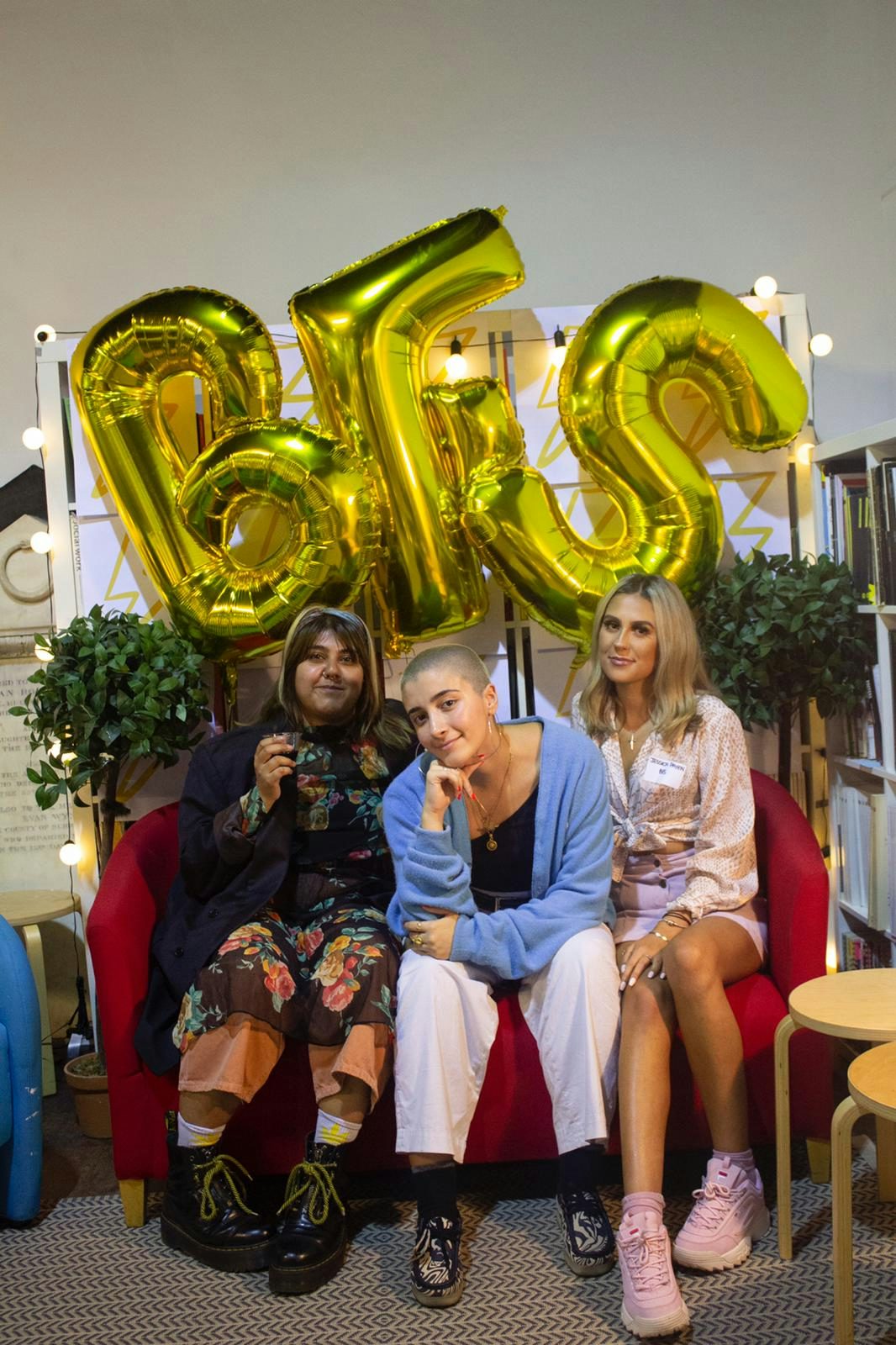Will new education schemes finally bring diversity to advertising?
The past year has seen a flood of new education schemes pop up which aim to bring new talent and diverse voices into the advertising industry. But will this lead to lasting change?
In the wake of George Floyd’s murder last year and the renewed Black Lives Matter protests that it prompted, the ad industry joined numerous other sectors in pledging to make many much-needed improvements when it came to diversity and inclusion, and to stamp out the systemic racism that’s underpinned its hiring, pay scales, project work and the paths available for those breaking into the industry.
Countless agencies made very public promises to change, and while those can only be a positive thing, there have naturally been mutterings about empty, social-media based promises and virtue signalling without any real meaning or weight. After all, for all the energies poured into initiatives over the last year, the scale and historical heft of the problems can’t be reversed overnight. Before Floyd’s killing, the annual Agency Census from the Institute of Practitioners in Advertising (IPA) found that the number of employees from an ethnic minority background had fallen, and that advertising was failing to meet the IPA’s diversity targets of 15% BAME representation in leadership roles and 25% among new starters by 2020.
Many education and mentorship initiatives sprang up to encourage more diverse entry-level applicants and bring in more people without university backgrounds. These are usually short, intensive programmes, such as BBC Creative U, a ten-week ‘masterclass in advertising’ for ethnic minority candidates aged 18 and above. Taught by BBC Creative, it states its aim as “to improve the diversity of talent entering the advertising industry” by arming students with the skills and contacts to start a career in advertising, learning the fundamentals of idea generation, strategy, copywriting and art direction. It’s unclear if direct support is offered in finding a job after the course.

Among the initiatives that existed pre-2020 is Brixton Finishing School (BFS), which was founded by Ally Owen in 2017 to help 18-25 year olds who are under-represented in the creative industries. It offers a free ten-week education programme to prepare its graduates for a pool of specific entry-level roles at employers such as adam&eveDDB, R/GA and Mediacom. “Most people don’t know our industry exists outside of some elite pockets of citizens,” says Owen, who adds that 41% of the industry went to fee-paying schools, attended by just 7% of the general population.


















